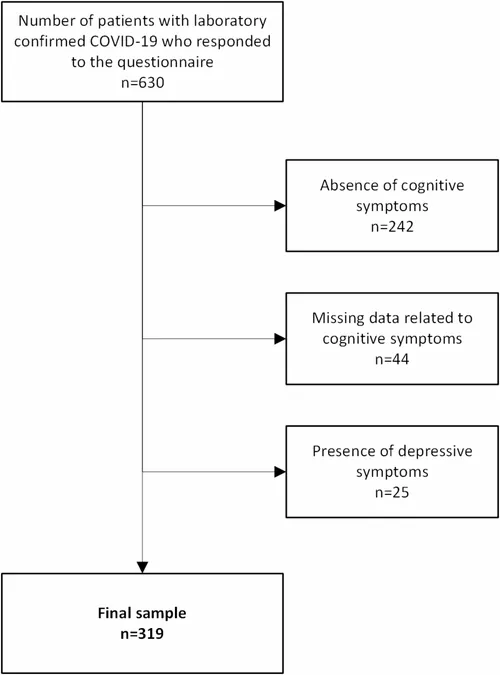
New Research Reveals Minimal Alzheimer’s Risk for Psoriasis Patients - What You Need to Know!
2025-01-03
Author: John Tan
Key Findings Unveiled
The comprehensive analysis involved a staggering 360,014 psoriasis patients and 1,799,617 control subjects without the condition. The researchers meticulously matched participants based on gender, primary care practices, and age, using a robust dataset from the Clinical Practice Research Datalink (CPRD) Aurum. This data spans from April 1997 to March 2021 and incorporates a variety of linked health records that cover over 20% of the UK population.
The results highlighted a subtle absolute rate difference of 24 extra cases of all-cause dementia per 100,000 person-years among psoriasis sufferers, leading to an adjusted hazard ratio (aHR) of 1.06. Interestingly, this risk seemed to increase with the duration of psoriasis, indicating that those diagnosed for more than 20 years had a significantly higher risk of all-cause dementia (aHR of 1.20).
Vascular Dementia vs. Alzheimer’s Disease: The Numbers Speak
One of the most significant insights from the research is the differentiated risk between various types of dementia. Participants with psoriasis had an elevated risk of vascular dementia (aHR of 1.10) compared to those with Alzheimer’s-related dementia (aHR of 1.03). Particularly concerning was the increase in risk for patients with severe psoriasis, who showed a linked aHR of 1.32 for all-cause dementia and a daunting 1.58 for vascular dementia.
Reassurance for Psoriasis Patients
The researchers emphasized that their findings suggest that psoriasis patients are unlikely to be at a greater risk for Alzheimer’s disease compared to the general population. While the increased risk for overall dementia can’t be dismissed, the team concluded that it is marginal at best and possibly non-clinically significant. These results illuminate the complex relationship between chronic inflammatory conditions and cognitive health, suggesting that further research is necessary to explore these intricate connections.
Conclusion: Stay Informed and Vigilant!
For individuals managing psoriasis, these findings offer a degree of reassurance, yet they underscore the importance of monitoring cognitive health and engaging in proactive healthcare strategies. This study not only advances our understanding of psoriasis and its potential health implications but also opens doors for future investigations into how inflammatory diseases may influence brain health over time.





 Brasil (PT)
Brasil (PT)
 Canada (EN)
Canada (EN)
 Chile (ES)
Chile (ES)
 Česko (CS)
Česko (CS)
 대한민국 (KO)
대한민국 (KO)
 España (ES)
España (ES)
 France (FR)
France (FR)
 Hong Kong (EN)
Hong Kong (EN)
 Italia (IT)
Italia (IT)
 日本 (JA)
日本 (JA)
 Magyarország (HU)
Magyarország (HU)
 Norge (NO)
Norge (NO)
 Polska (PL)
Polska (PL)
 Schweiz (DE)
Schweiz (DE)
 Singapore (EN)
Singapore (EN)
 Sverige (SV)
Sverige (SV)
 Suomi (FI)
Suomi (FI)
 Türkiye (TR)
Türkiye (TR)
 الإمارات العربية المتحدة (AR)
الإمارات العربية المتحدة (AR)